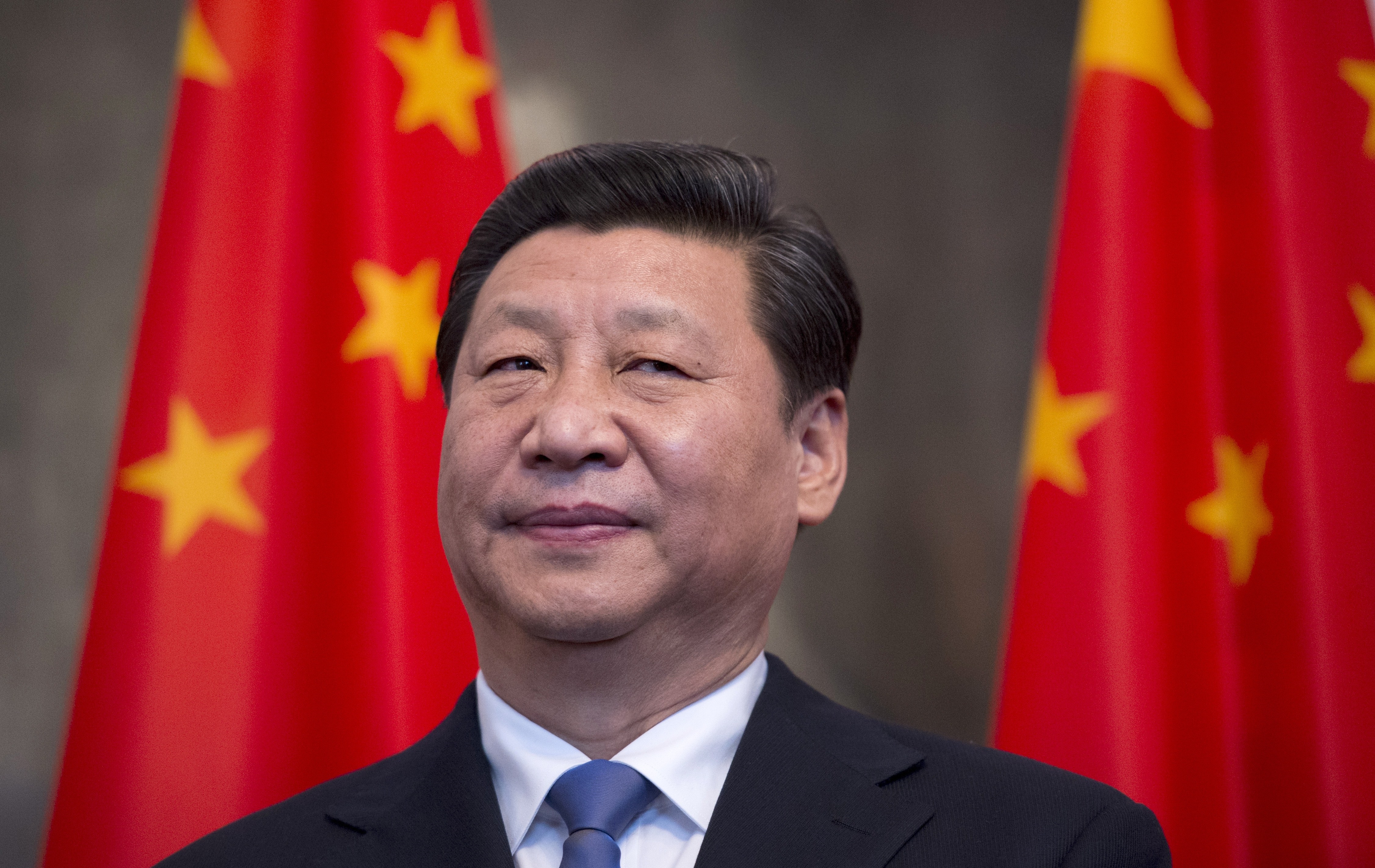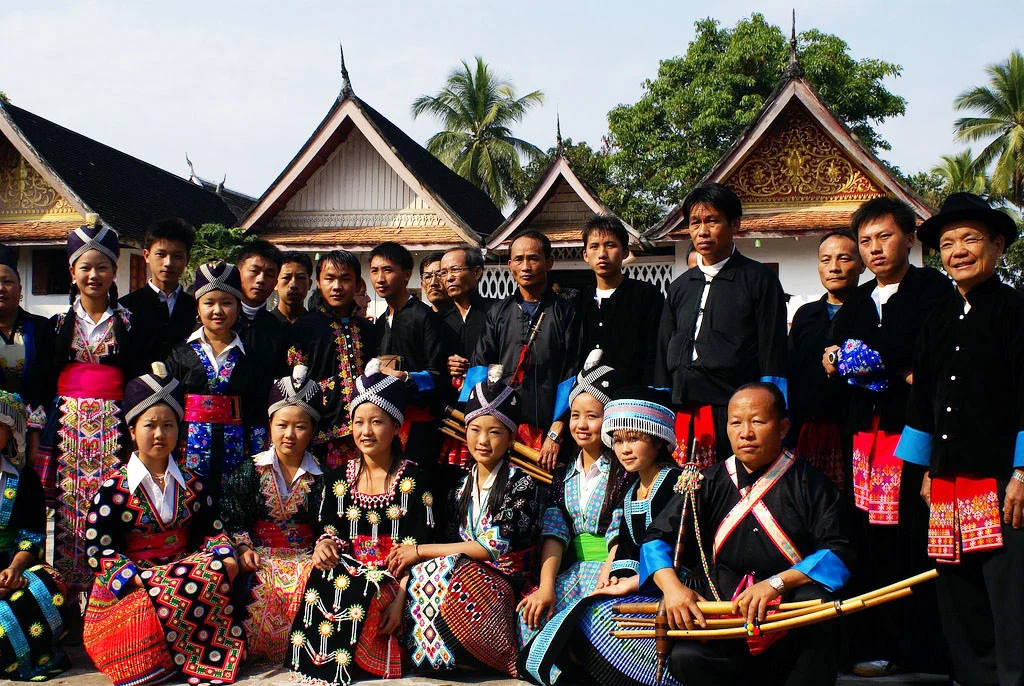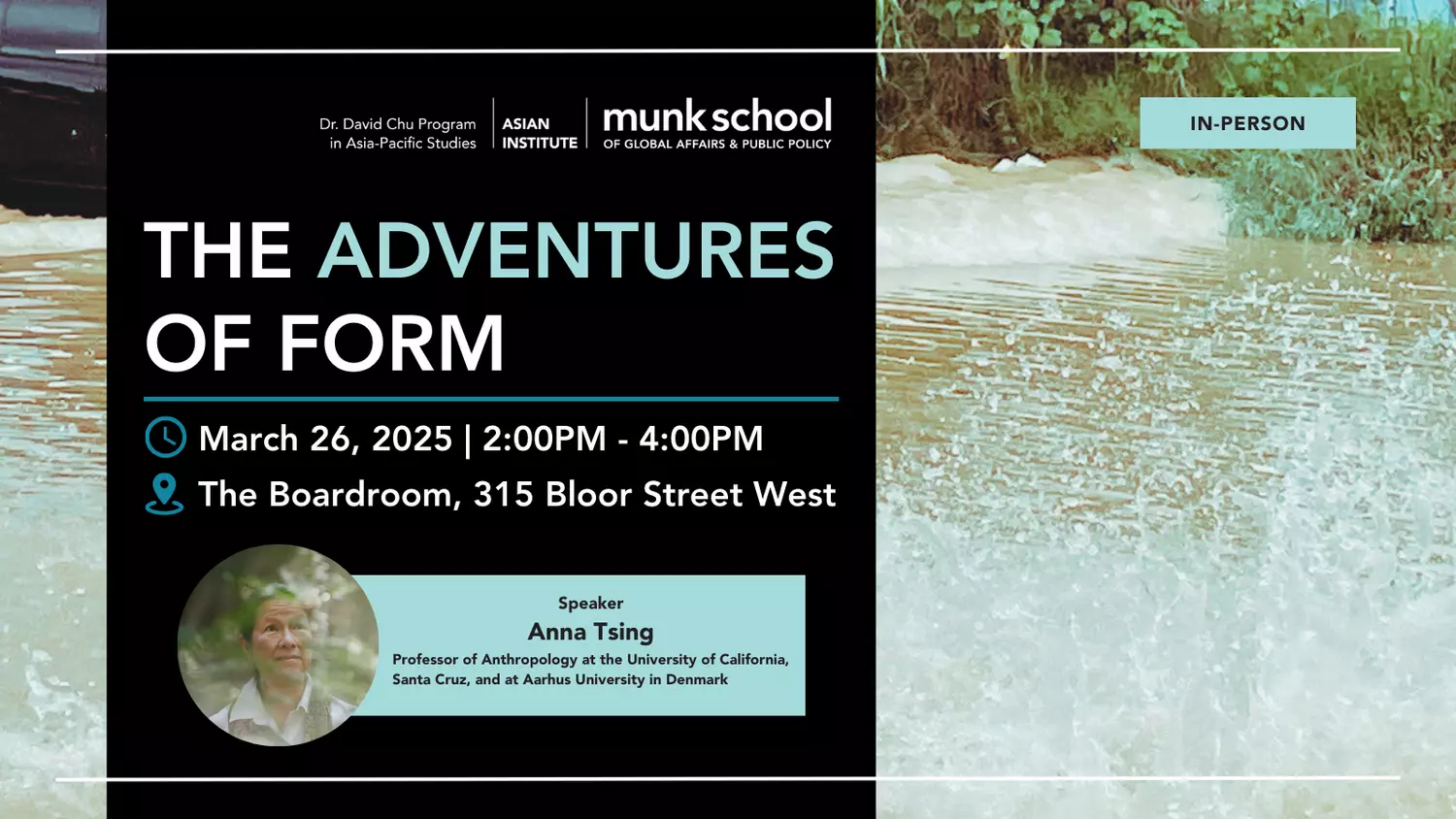“The Dictator’s Dilemma: The Communist Party’s Strategy for Survival” was a part of the East Asia Seminar Series hosted at the Munk School of Global Affairs on the 7 October 2016 and was sponsored by the Asian Institute at the University of Toronto. This talk featured a discussion on Professor of Political Science and International Affairs at the George Washington University Bruce Dickson’s book The Dictator’s Dilemma. Professor Dickson has published various books, which have consistently focused on economic and political reforms in China. His most recent book, the basis of the talk, centers on the Chinese regime’s continued survival and prosperity. The event was moderated by Associate Professor Lynette Ong of the Department of Political Science and the Asian Institute. Since Tiananmen, many observers have predicted the collapse of the Chinese Communist Party (CCP) yet predictions have never proved true. Professor Dickson’s talk dives into this issue by presenting the CCP’s seemingly successful strategies for authoritarian survival, by looking at public opinion surveys and interviews he has conducted. However, the CCP also faces a serious dilemma in that while there are short-term fixes for various issues, these solutions will potentially incur long-term costs that undermine the Party.
Professor Dickson began by giving an overview of some key debates surrounding the CCP’s continued control over China. Many observers debate whether the CCP is inherently fragile or resilient.Can the regime adapt and survive indefinitely or is it incapable of change? He emphasized that often responses draw on action and discussions of the key leaders of the CCP in Beijing; however, that is not the only way to analyze regime popularity and stability. Rather, Professor Dickson’s work has utilized public opinion as a key resource through surveys, polls, and interviews conducted in China in 2010 and then 2014. Drawing from his data, which surveys opinions two years before and two years after Xi Jin Ping’s rise to power, Professor Dickson presented the three key pillars of the CCP’s regime.
The first pillar is based on repression through restraint on civil society, dissent, censorship and management of corruption. In an authoritarian regime, civil society is often seen as an advocate of democracy and independence from state, thus posing the danger of revolution. Thus many argue China has cracked down hard on civil society and dissenters, as seen by its arrest of activists such as civil rights lawyers. At the same time, Professor Dickson argues there also exists some room for civil society in different terms if we look at non-political organizations such as NGO’s in China. Increasingly, China has seen the rise of social issues based organizations that often partner with local governments to provide basic public goods and services to disadvantaged groups. In this way there is a growing space of civil society based activities in parallel with crackdowns. For the issue of censorship, public survey opinions actually show that citizens are not as sensitive to the issue as Western media often portrays. In fact, most netizens perceive that they do not encounter censorship and around less than 8% of respondents found that they experienced censorship and were angered by it. Professor Dickson further points out Xi’s recent repression techniques in controlling corruption have had a positive impact. Opinion polls point to 60 percent of the population viewing the corruption situation as having improved. At the same time there are skeptics who see the campaign as one of a power struggle and removal of opponents. In this way, he illustrates the dilemmas of repression: while some areas are stabilized others may prove to be problematic in the future.
The second pillar rests on the legitimacy of the CCP’s control through economic, nationalist, and cultural factors. The CCP has relied on economic factors to maintain stability. While many believe the slowing economic growth rates in the 6-7 percent range thus undermine the regime, Professor Dickson’s surveys show that people’s support of the CCP has no relation to overall GDP growth rate and level. Rather, it is raisingincomes that affect popular support. Thus despite slowing growth rates, as long as incomes continue to rise, there will be support. Yet this exposes another dilemma as the party can maintain support but this over reliance on economic factors poses a threat if incomes do slow overthe long-term. Nationalism is another strategy of legitimation as the party preaches more nationalist anti foreign rhetoric and praises Chinese “Confucian values”. This aims to unite the population under a distinct Chinese identity rooted in history as legitimacy. Yet in the long-term as people become more nationalist, actions taken by the party in foreign or economic affairs that are seen as not hardline enough or “Chinese” enough become open to criticism by the people.
The third pillar is based on co-optation of new elites into the party increasingly from urban elite and college campuses. The CCP’s strategy of recruitment has focused on recruiting from college campuses rather than the original party base of peasants, workers or soldiers. However, as the party members are increasingly educated urbanites, the long-term problem of their loyalty arises. As the CCP has developed, the reasons for joining the party has shifted from being based on nationalist loyalty to serve the country to being out of self interest as party membership is seen as a huge boost for one’s career possibilities. Thus on one hand there is further co-optation across the population but the loyalty of this ever growing party, closing in on 100 million members, remains uncertain.
Throughout Professor Dickson’s discussion, he problematizes conventional wisdom on the tactics of authoritarian legitimacy and the CCP’s possibility of collapse. He paints a more balanced picture of the CCP as giving some leeway and having popular support for the most part. Overall, his survey findings show that the population finds that China is becoming increasingly democratic. Thus he emphasizes that the key point in analyzing the CCP and China’s future is to look from the perspective of the Chinese towards their leadership rather than imposing Western liberal perspectives. Professor Dickson’s talk sparked lively questions after on the possibilities of change and stability in the future and what the concerns of the Chinese people are. Overall, Professor Dickson effectively showed the so-called “Dictator’s Dilemmas” and China certainly faces issues in the future but is perhaps more adaptable and popular than most perceive.
Eden Lee is a 4th Year student majoring in International Relations and Contemporary Asian Studies. She is particularly interested in the East Asian region and its economic and security developments. She currently serves as an Event Reporter for Synergy’s East Asia Section.








